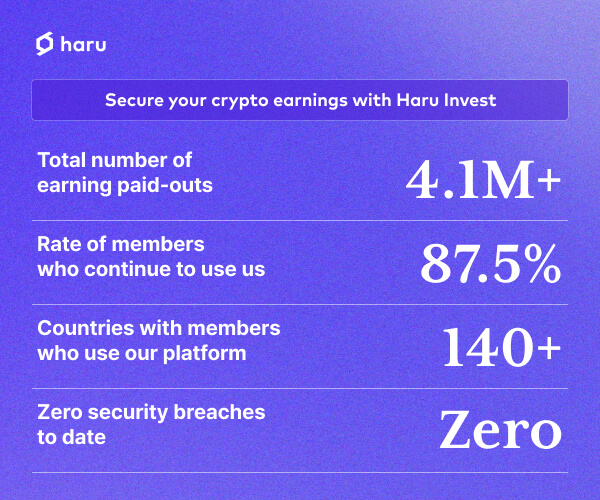Shiba Inu teased the launch of Shibarium in a recent blog post, saying a beta version is close to rolling out.
In Late December 2022, a year-old cryptic tweet from Lead Developer Shytoshi Kusama resurfaced, in which he said by the end of 2022, “chess pieces begin to slide,” and “then the real fun begins.”
At the time of the tweet, few contextual clues existed on what Kusama could be referring to, but by the end of 2022, many in the Shiba Inu community assumed the message was in relation to the release of Shibarium.
Shiba Inu calls for patience
The recent blog post made clear that “this is a phased release,” with the priority on developing Shibarium “correctly” and “responsibly,” as opposed to rushing a final product.
“Avoid asking wen, because the answer will always be a ‘soon’. Yet with that being said we are approaching the finishing touches for Shibarium’s Beta and its imminent launch.”
The post called for patience, adding that the goal of Shibarium is to fulfill Ryoshi’s Vision and develop the means with which the community can “build and grow the project on their own terms.”
With that, the post went into detail on key Shibarium concepts to educate users ahead of the beta release.
What is Shibarium?
Shibarium is a DeFi-focused layer 2 running on top of the Ethereum (ETH) blockchain, bringing “scalability, faster transaction times, lower fees, and an expanded development framework.”
In the face of more demanding Web3 applications, such as through blockchain gaming and the Metaverse, Shibarium intends to tackle the issues of high cost and low speed associated with current existing blockchain limitations.
“With the evolution of Web 3, blockchain technology is starting to emerge into the commonplace. Some of the biggest obstacles to mainstream adoption are the cost and speed of transactions.”
Shiba Inu developers hope this technology can reduce the load on the ETH blockchain and bring about a better Web3 user experience that is trustless and decentralized.
The BONE token will be the native currency of Shibarium, used for paying gas fees, reward validators and delegators, and for governance functions.
Read More: cryptoslate.com










 Bitcoin
Bitcoin  Ethereum
Ethereum  Tether
Tether  XRP
XRP  Solana
Solana  USDC
USDC  Dogecoin
Dogecoin  TRON
TRON  Cardano
Cardano  Lido Staked Ether
Lido Staked Ether  Wrapped Bitcoin
Wrapped Bitcoin  Hyperliquid
Hyperliquid  Sui
Sui  Wrapped stETH
Wrapped stETH  Chainlink
Chainlink  Avalanche
Avalanche  Stellar
Stellar  Bitcoin Cash
Bitcoin Cash  LEO Token
LEO Token  Toncoin
Toncoin  Shiba Inu
Shiba Inu  Hedera
Hedera  WETH
WETH  USDS
USDS  Litecoin
Litecoin  Wrapped eETH
Wrapped eETH  Monero
Monero  Polkadot
Polkadot  Binance Bridged USDT (BNB Smart Chain)
Binance Bridged USDT (BNB Smart Chain)  Ethena USDe
Ethena USDe  Bitget Token
Bitget Token  Pepe
Pepe  Pi Network
Pi Network  Coinbase Wrapped BTC
Coinbase Wrapped BTC  WhiteBIT Coin
WhiteBIT Coin  Aave
Aave  Uniswap
Uniswap  Dai
Dai  Bittensor
Bittensor  Ethena Staked USDe
Ethena Staked USDe  Aptos
Aptos  Cronos
Cronos  NEAR Protocol
NEAR Protocol  OKB
OKB  Jito Staked SOL
Jito Staked SOL  BlackRock USD Institutional Digital Liquidity Fund
BlackRock USD Institutional Digital Liquidity Fund  Internet Computer
Internet Computer  Ondo
Ondo  Ethereum Classic
Ethereum Classic